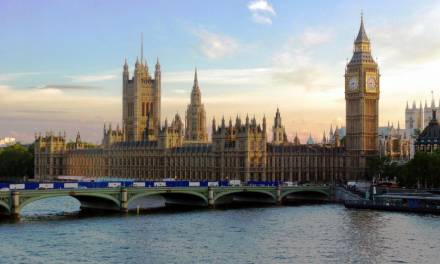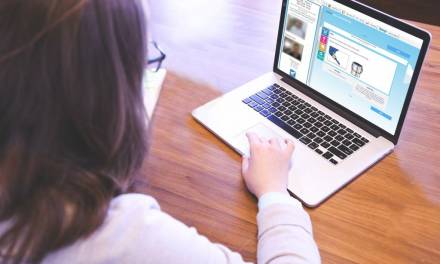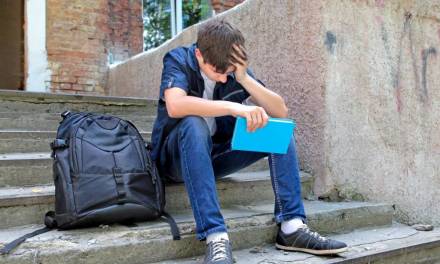Home education could be set to take centre stage in the UK as the coronavirus outbreak continues to affect schools here and around the world.
Yesterday, the UK Government released fresh guidelines so that schools know what to do with pupils who show symptoms of Covid-19.
But what should a school do with the suspected pupils? What happens to the pupil and staff that they come into contact with, and how can home education help?
What is the latest Government advice for schools?
In the latest advice from the Government to schools, “children who develop a continuous cough or fever at school should be sent home with suspected coronavirus.”
Schools currently remain open, but widespread school closures have been mooted. An official spokesman for the Prime Minister said that it is “not a step we should be taking at this moment in time”, but “equally is not something we have ever ruled out.”
The guidance states that if a pupil falls ill at school, they should be isolated until their parents are able to collect them. Ideally this should be in a room behind a closed door and an open window. If this is not possible, they should be placed in an area at least two metres away from other people. Separate bathrooms should be used.
Staff who deal with these pupils do not need to go home unless they develop symptoms themselves. They should wash their hands thoroughly for 20 seconds afterwards.
Every school should ensure that regularly touched objects are cleaned and disinfected more than usual.
The guidance says that Public Health England (PHE) will rarely advise a school to close, but adds:
“This may be necessary if there are so many staff being isolated that the school has operational issues.”
What happens to the pupils that are sent home?
The Government issued advice on 16 March, that if you live alone and have symptoms of coronavirus, however mild, you must stay home for seven days from when your symptoms started.
The important thing for families was the second piece of advice issued:
If you live with others and you or one of them have symptoms of coronavirus, then all household members must stay home and not leave the house for 14 days. The 14-day period starts from the day when the first person in the house became ill.
It is likely that people living within a household will infect each other or be infected already. Staying at home for 14 days will greatly reduce the overall amount of infection the household could pass on to others in the community.
Can schools apply home education to pupils who are self-isolating?
Increasingly, schools around the world are turning to home education as buildings ae forced to close due to the coronavirus pandemic.
Though schools remain open in the UK, many schools have already closed temporarily for “deep cleaning“.
Educational establishments, including universities, have turned to home education for their entire organisation. It can also be effective to ensure that pupils who are self-isolating continue to receive tutoring via home learning.
For updates on the coronavirus crisis in schools follow our live blog here.
How can EDLounge help?
EDLounge’s virtual learning means that education continues if a pupil is sent home or a temporary school closure occurs.
EDClass+ provides more than 11,000 lessons on a wide range of subjects including Maths, English and Science. Safeguarding is our number one priority. Features including alert mechanisms for pupils, live teaching from enhanced DBS trained staff, instant chat functionality and eyes-on learning.
EDLounge was inspected by Ofsted in 2019. For the report click here. For testimonials click here.
For more information complete the contact form below or call 01909 568 338.










